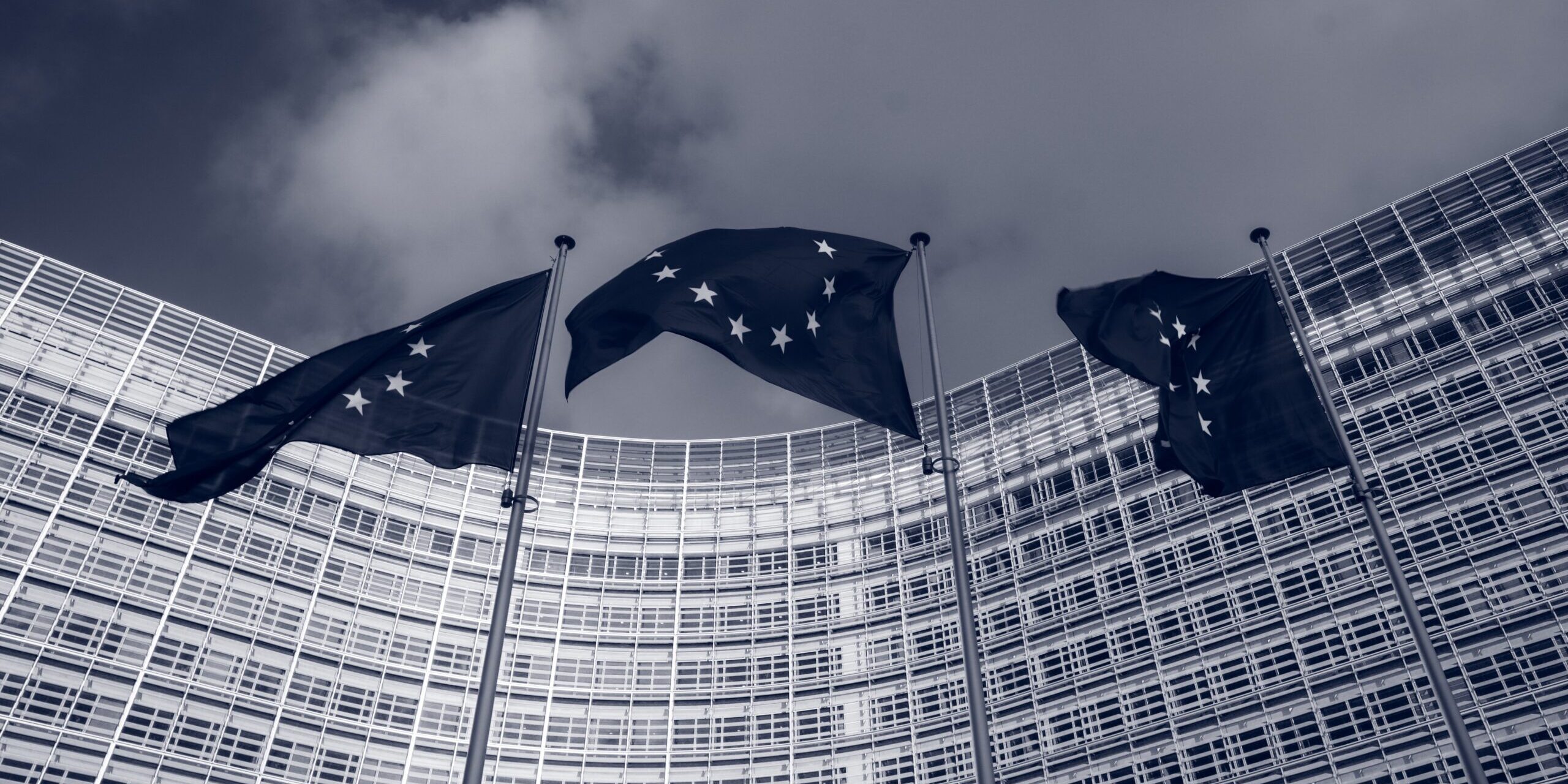In a significant development, the European Union has approved stringent supply chain rules that compel companies to ensure the protection of the environment and human rights in their global supply chains. However, a notable exemption for the financial sector has raised concerns about the effectiveness of these regulations.
The due diligence rules, first proposed by the EU in February 2022, require EU-based companies to monitor their global value chains for potential environmental and human rights risks. This move is part of the EU’s broader initiative to promote sustainable and ethical business practices on a global scale.
MEP Lara Wolters, who played a pivotal role in the European Parliament’s discussions on these rules, emphasized the importance of responsible business conduct. She cited examples of irresponsible practices, including child labor in cobalt extraction for smartphones and rainforest degradation for soy production, which these rules aim to address.
Under the new regulations, large companies with over 500 employees and a global turnover exceeding €150 million will be subject to these rules. Non-EU companies will also be impacted if they generate a net turnover of €300 million within the EU over three years.
Companies covered by these rules will be required to identify, prevent, and mitigate any negative social and environmental impacts throughout their supply chains, from production and transportation to design and distribution. Additionally, they must develop plans to align their business strategies with the goals of the Paris Agreement to combat climate change.
However, a critical caveat exists in these regulations. Financial institutions, including banks and insurers, have been exempted from ensuring that their loans or investments are not associated with human rights abuses. This exemption has sparked concerns about the role of the financial sector in funding projects with adverse social and environmental impacts.
This exemption, seen as a win for France and the Council of EU, means that while financial institutions will still need to conduct checks on their suppliers and products, they are not obligated to perform due diligence on their clients. The European Parliament had advocated for a more comprehensive inclusion of the financial sector under these rules.
The agreement does include a review clause to assess the possibility of extending these rules to the financial sector in the future. Nonetheless, some MEPs have criticized the limited scope of coverage for the financial industry in this deal.
Financial institutions are still required to develop plans to align their business operations with climate goals, a move welcomed by experts in the field. This mandate will legally oblige major banks and asset managers to adopt and implement meaningful transition plans, potentially fast-tracking the sector’s alignment with the Paris Agreement.
While lobby group Insurance Europe expressed general satisfaction with the agreement, concerns remain about the implications of exempting the financial sector from comprehensive due diligence requirements. The European Banking Federation declined to comment, and the European Fund and Asset Management Association did not respond to requests for comment.
The EU’s new supply chain rules represent a significant step toward responsible business conduct, but questions linger about the role of the financial sector in ensuring ethical and sustainable supply chains. The review clause offers a glimmer of hope for future reforms in this area.







